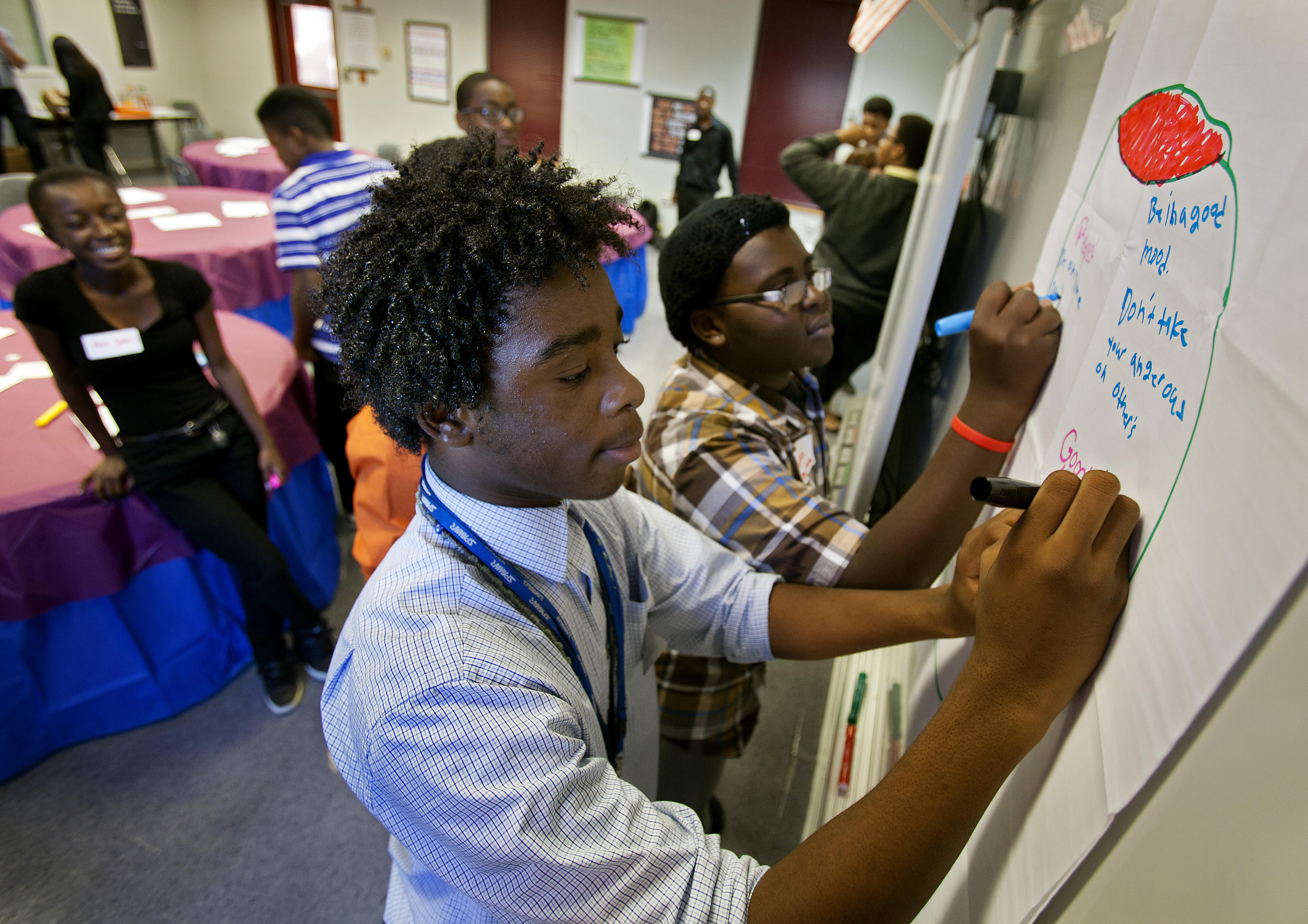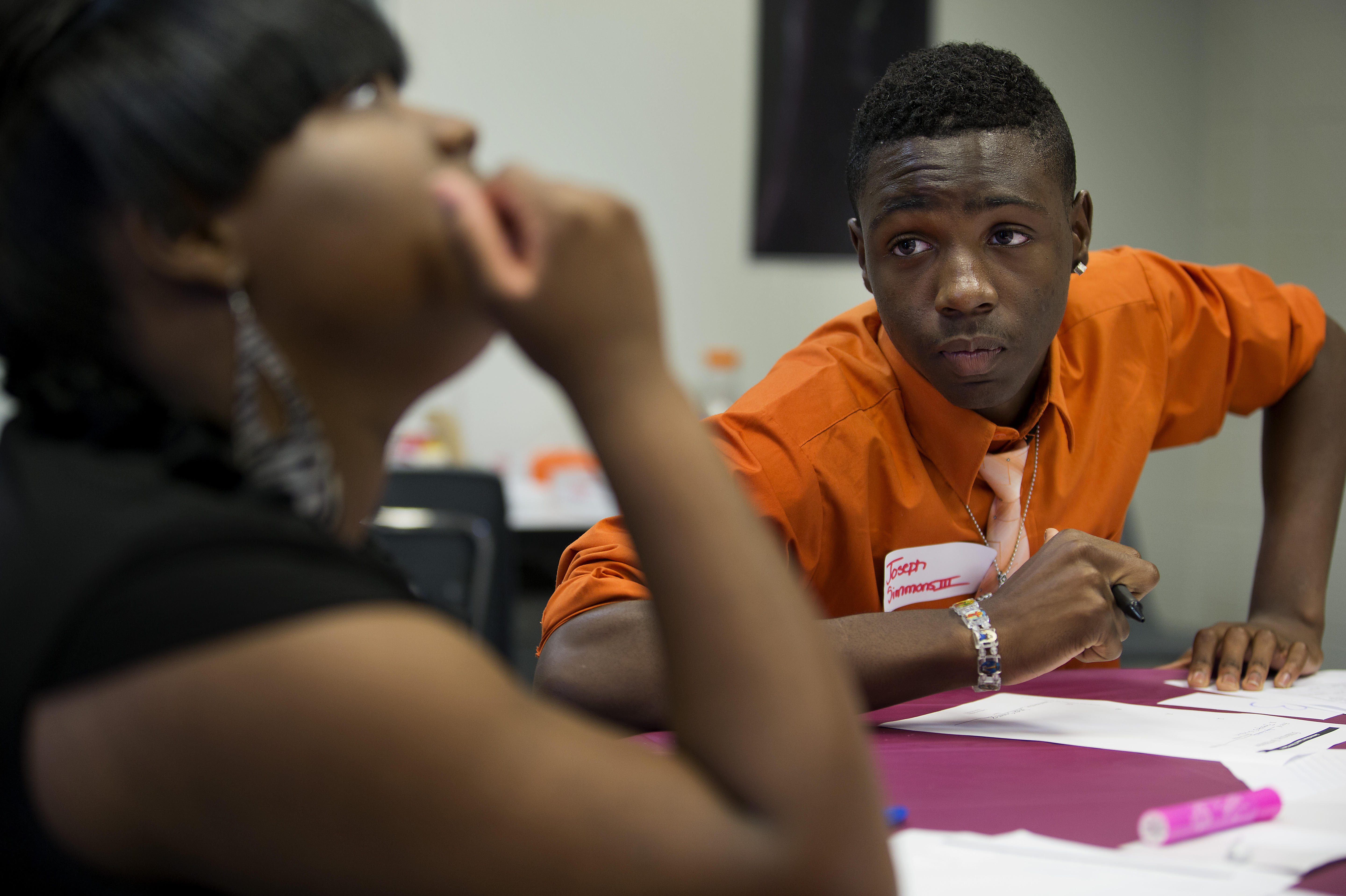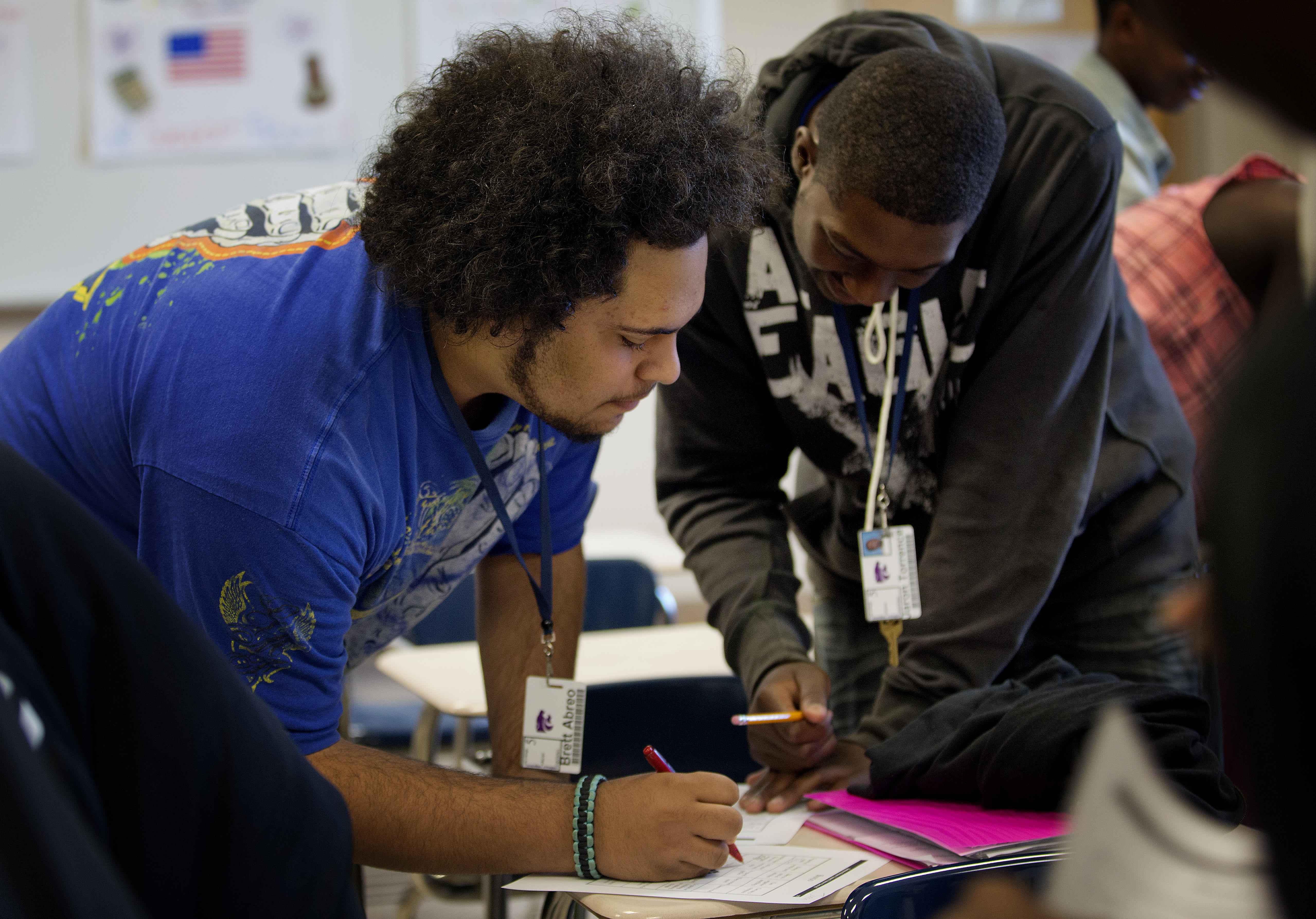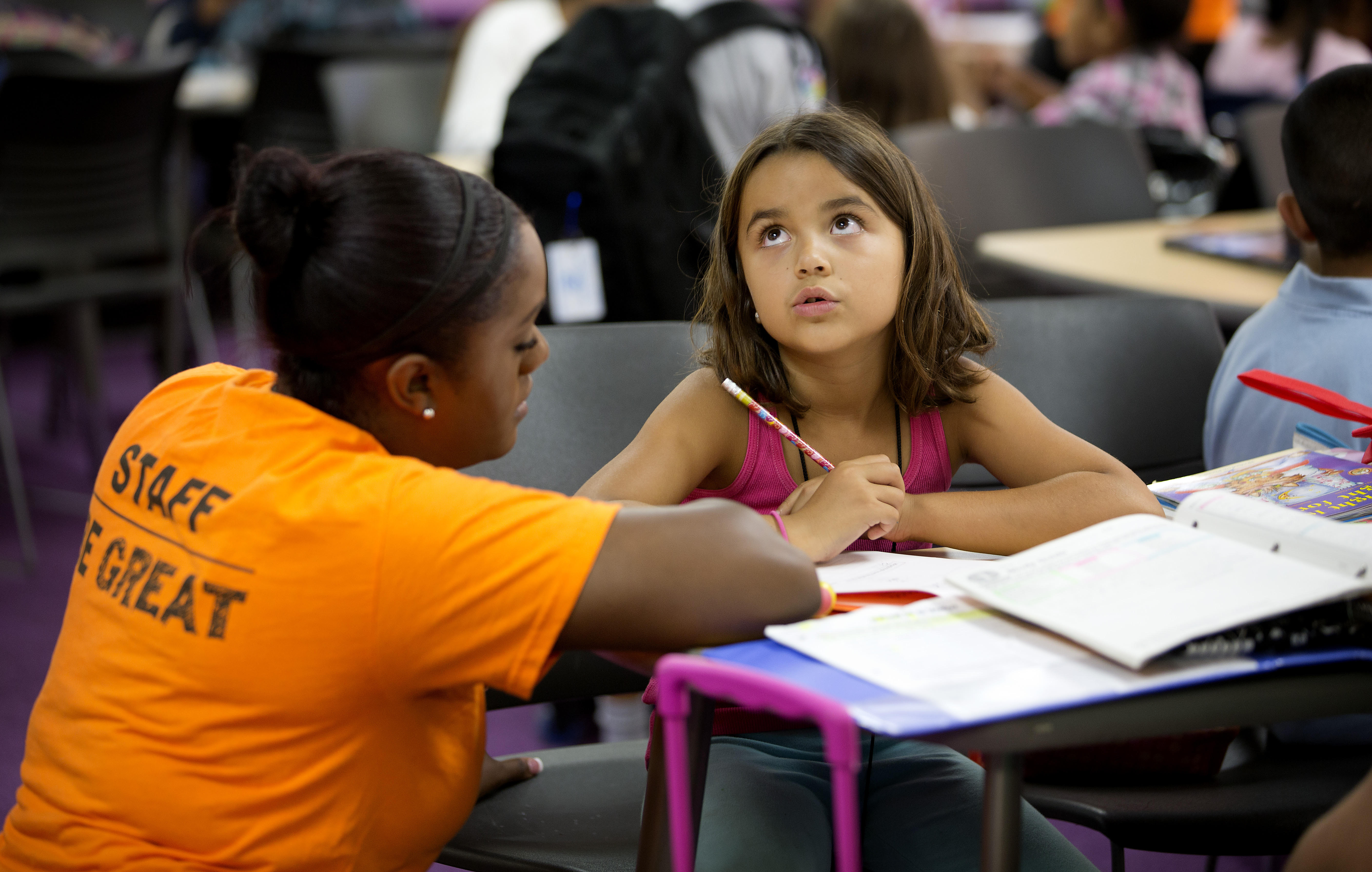Most people think life skills should be taught at home. But many children never learn the basic principles needed to cope with everyday life and flourish. Overcoming Obstacles is a nonprofit organization founded in 1992 by Jill Siegal Chalsty with the hope of providing all of our world’s children with a life skills education. Today, 230,000 educators in all 50 U.S. states and 160 countries have used Overcoming Obstacles free lessons to improve the lives of more than 55 million young people.
When Chalsty developed the life skills curriculum, she never imagined a scenario where the world would change overnight. COVID-19 forced schools and educational programs to close their doors and turn to remote learning. I sat down with Chalsty to find out how she adjusted her vision to not only keep her dream alive, but also the dreams of kids around the globe for a better and brighter future.

What was the first thing you did when the pandemic struck?
In the first few days of the nation shutting down, Overcoming Obstacles Managing Director Vincenzo Capone and I assembled a team to help us write, edit, and publish a remote learning life skills handbook. And while thousands of educators have downloaded this handbook since March, many are also choosing to download our core curricula and modify the lessons for distance learning. This summer, we’re developing more content for our remote learning handbook and best practices for teaching Overcoming Obstacles while adhering to social distancing guidelines.
Does teaching life skills remotely work?
While nothing can replace classroom learning in-person, we know life skills can be taught successfully in any setting. We survey our educators monthly and also hear from them through our website, social media accounts, phone calls, and conferences. They tell us the Overcoming Obstacles lessons in communication, decision making, goal setting, conflict resolution, stress management, perseverance, and empathy are absolutely having a positive impact on the lives of their students during this very challenging time.

How did your team adapt?
We brought additional writers and editors aboard to help us deliver quality materials quickly. And, we worked longer hours and more days each week. We’ve also had a significant increase in volunteers here in the U.S. and globally. It’s been incredibly heartening to see so many caring and concerned people come together. And our board members—directors and advisors —have been critical to the organization’s ability to do its important work.
What has been the greatest challenge?
Anticipating the needs of our educators and their students. Everyone is experiencing this pandemic differently, and not all students have the same opportunities. Some may not have a dedicated place to do their work at home, while others may not have a reliable Internet connection, or any Internet connection at all. To help our educators meet their students needs, we’ re making free updates to the Overcoming Obstacles website giving them more control over our curriculum, and allowing them to modify the materials directly on the site. All of us at Overcoming Obstacles know that every day that goes by without life skills instruction for a child means they are missing the opportunity for a better life, so our team is working tirelessly to bring more resources and materials to educators as quickly as possible.

Do you have any success stories during the past several months while students are learning from home?
We’ve received a lot of positive feedback from educators across the country who are teaching the Overcoming Obstacles curriculum remotely. Many are using platforms like Zoom and Google Classroom. One educator told us she’s been teaching lessons in video meetings weekly, then creating a goal for her students to work toward until the next lesson. Another created a multi-week program that combines lessons from the Remote Learning Handbook with the core curriculum. They meet an hour each week and discuss goal setting, problem solving, decision making and conflict resolution.These are just a few examples of what educators are doing with the curriculum, but there are many more. We’ve had thousands of educators download our materials since the pandemic began.
How do you provide hope for young people during this scary and difficult time?
When students learn how to communicate with everyone in their lives, when they learn how to make sound decisions, and when they learn how to dream and then break those dreams into manageable goals, hope follows. And that hope grows as they develop other life skills, like managing stress and persevering.
Why does Overcoming Obstacles mean so much to you?
I started the organization in 1992 for deeply personal reasons. I experienced things in school that were horrific and knew there had to be a better way to educate children. After years of research, it was clear to me that teaching our children life skills is not only essential, but it is the foundation upon which everything else we teach our children is built. I knew then I had the answer and couldn’t live with myself if I didn’t do something to help change things. And after nearly three decades and hundreds of thousands of educators helping tens of millions of young people, knowing the faces of so many of these people and hearing their stories, I am inspired to continue the fight for life skills until this critical instruction is part of the regular school day for every child on the planet.

What does the future look like?
We’re working to create a world in which all children learn the skills they need to make sound decisions, set meaningful goals, and communicate well with everyone in their lives. Every day we’re closer to achieving this as more educators download our curriculum and more students receive a life skills education. The future looks bright!
To learn more about Overcoming Obstacles:


